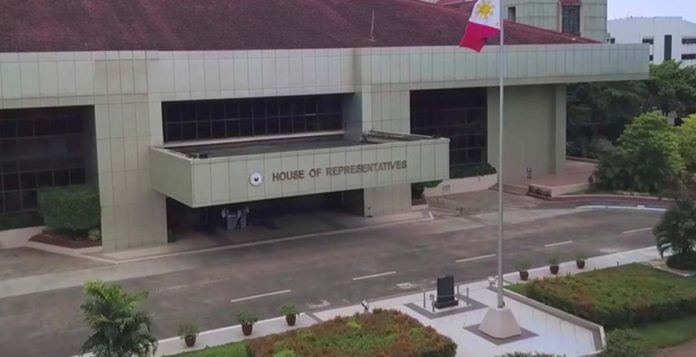The House of Representatives on Thursday night unanimously approved on third reading a bill allowing President Rodrigo Duterte to adjust the opening of classes during a state of emergency or calamity.
During the plenary session, a total of 241 lawmakers voted in favor of House Bill 6895, which seeks to amend Republic Act 7797 or “An Act to Lengthen the School Calendar from Two Hundred (200) Days to Not More Than Two Hundred Twenty (220) Class Days.”
No lawmaker voted against the bill or abstained from voting.
Once enacted into law, the measure authorizes the President, upon recommendation of the Secretary of Education, to set a different date for the start of the school year for the entire Philippines, or any part thereof, which is under a state of emergency, calamity, or similar occurrence.
RA 7797 originally mandates the Secretary of Education to set the start of the basic education school year between the first Monday of June and the last day of August.
This law shall also apply to all basic education schools, including foreign or international schools.
PCR testing for vulnerable sectors
Voting 240-1, the chamber also approved on third reading House Bill 6865 or the “Crush Covid-19 Act”, which encourages a baseline polymerase chain reaction (PCR) testing for vulnerable members of society to intercept the transmission of the coronavirus disease (Covid-19).
The “vulnerable members of society” include those returning to work with comorbidities such as diabetes, hypertension, pregnancy, and old age.
The bill also covers persons entering the Philippine territory coming from abroad, including foreign nationals, provided that the cost of testing for foreigners shall be at their own expense.
The bill provides that priority should be given to the following: health care workers; sales personnel in public markets, groceries and supermarkets; food handlers; factory workers; construction workers; security guards and drivers; and banks and transfer fund facilities personnel.
The bill states that the testing subsidy shall not exceed PHP1,700 for government institutions and PHP1,800 for private institutions per vulnerable person tested.
Better normal
Meanwhile, the proposed “Better Normal for the Workplace, Communities and Public Spaces Act of 2020”, which seeks to institutionalize safety measures such as the mandatory wearing of masks and observance of physical distancing in public places amid the Covid-19 pandemic, has been approved on second reading.
It also seeks to impose mandatory temperature checks, availability of handwashing and sanitizing stations in public areas, contact-tracing systems, and establishment of government-operated quarantine facilities, among others. (PNA)


